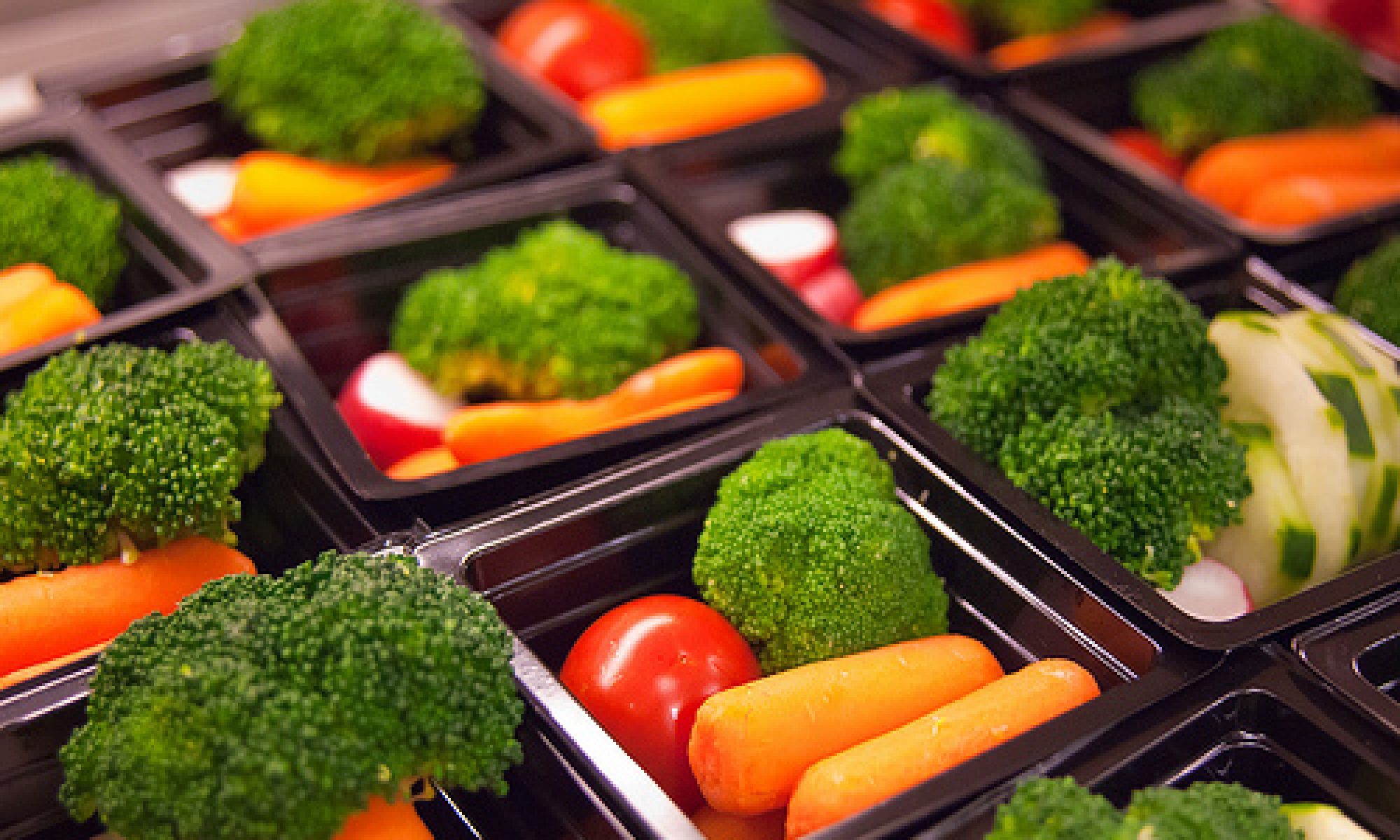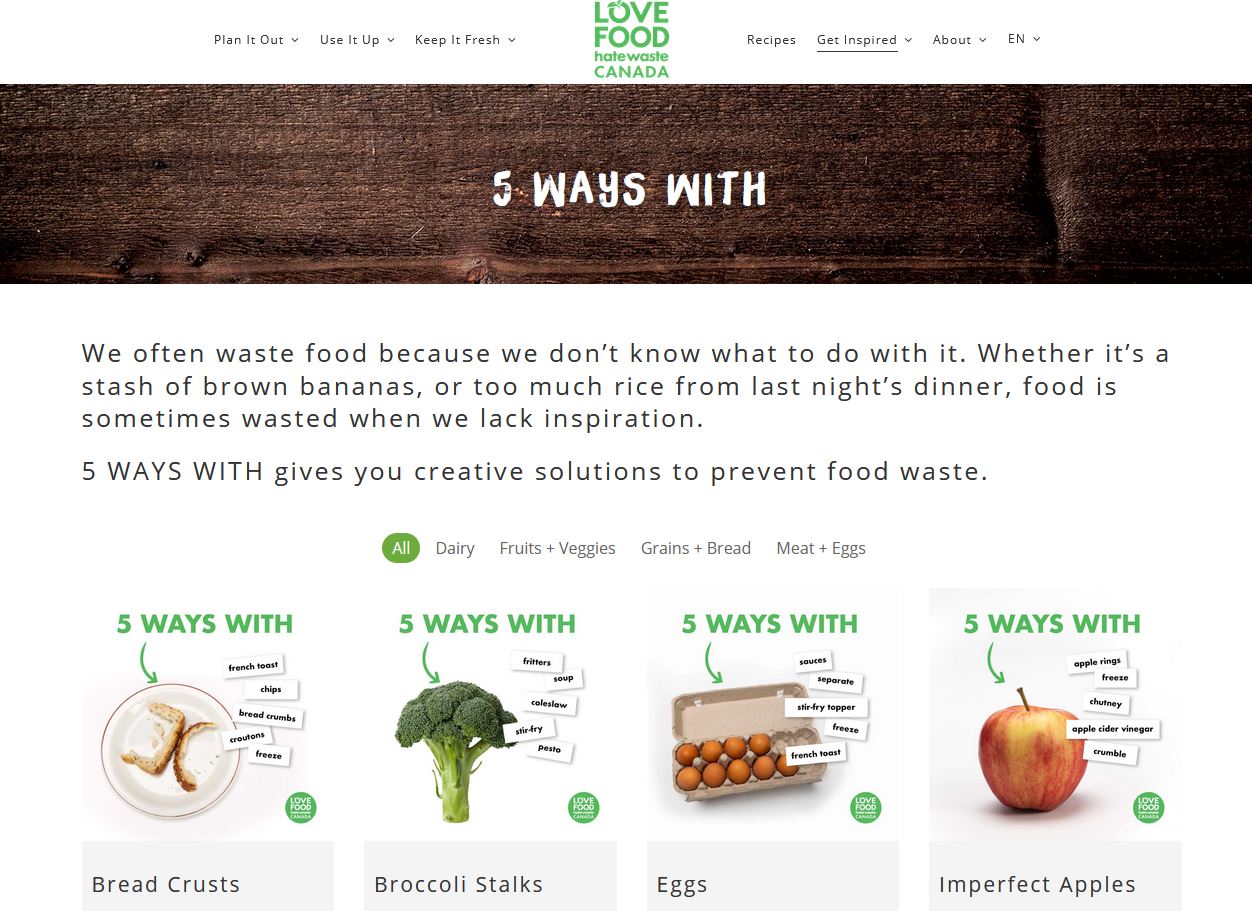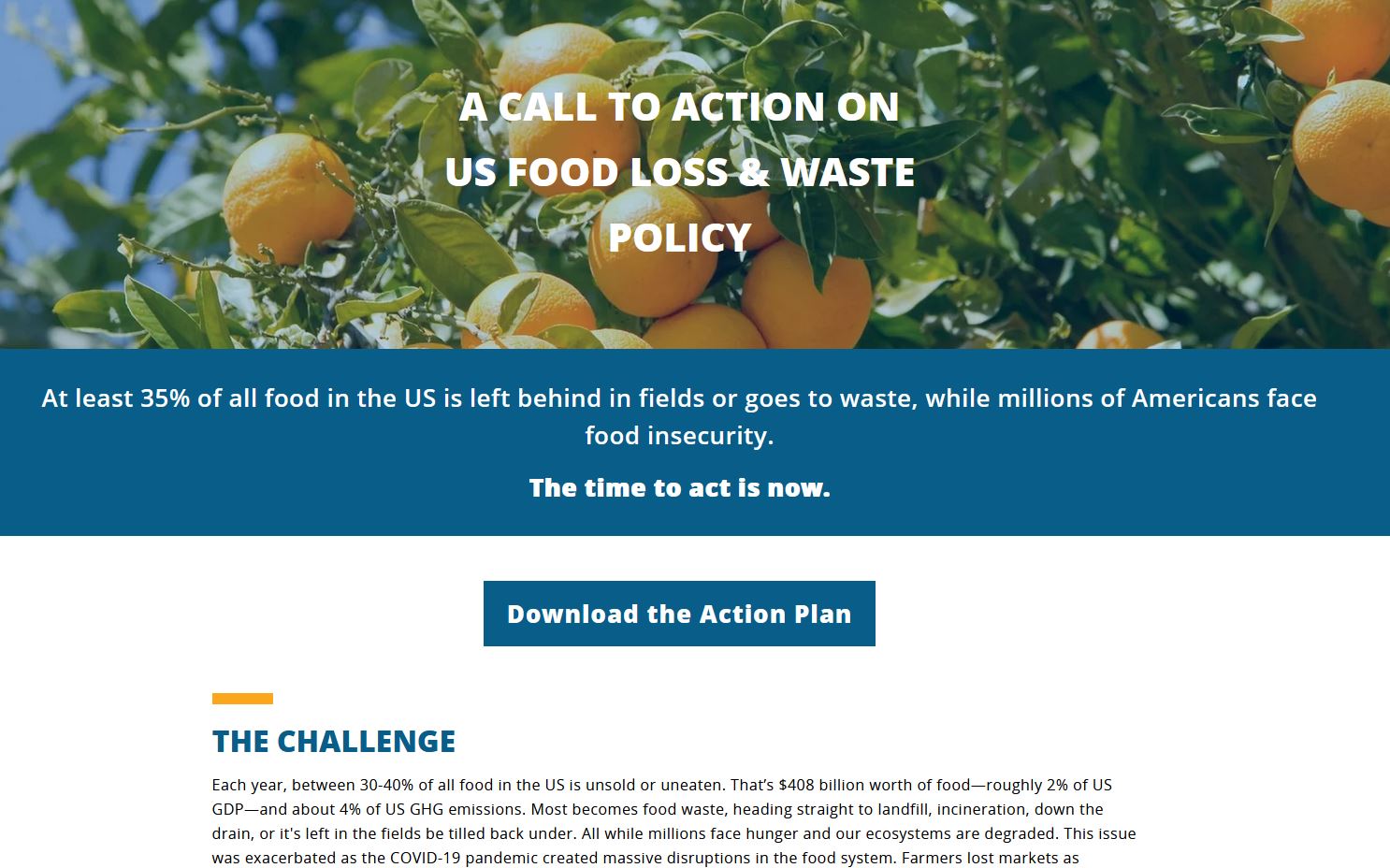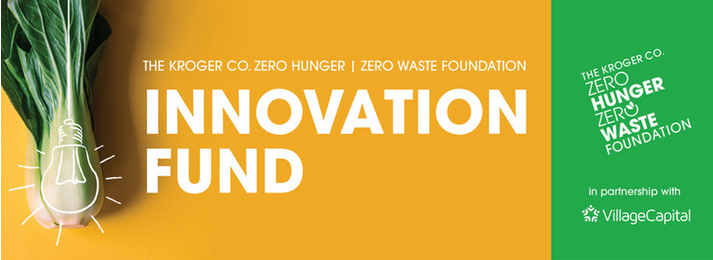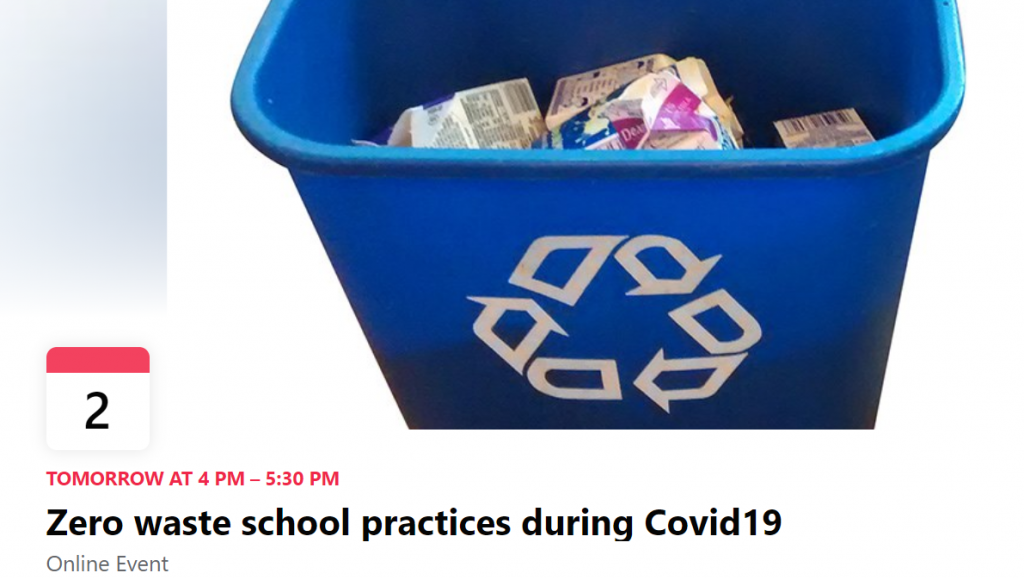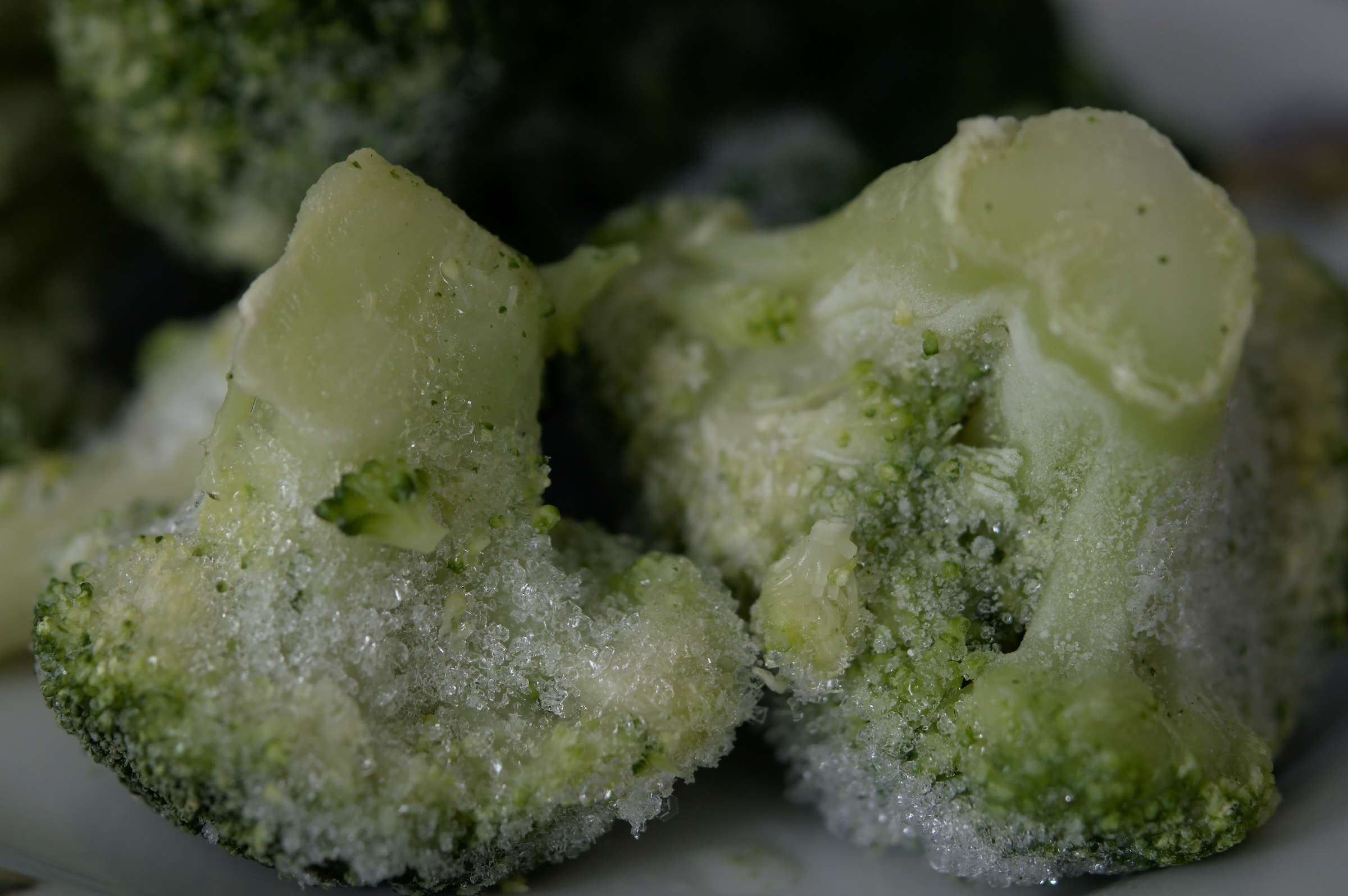
Ahh, leftovers! I’m the mom of a couple of picky teenagers who seldom go for the leftovers in our refrigerator when they forage the kitchen in search of snacks. I love having leftovers because they provide me lunch on subsequent days, and dinners for evenings when the kids aren’t home and I don’t have to cook. But sometimes, I cook more food than will reasonably be consumed as leftovers within a week. That’s when I really appreciate my chest freezer! If you have access to a freezer (either one integrated into your family’s main refrigerator, a standalone freezer unit, or both), you can avoid getting bored with your leftovers while also avoiding food waste. Below are some resources that will come in handy for the proper storage of your leftover cooked food.
- Leftovers and Food Safety. This USDA Food Safety and Inspection Service webpage provides information on cooking food safely, temperature ranges at which food should be kept, how to cool food rapidly to prevent bacterial growth, and some high-level guidelines for leftover storage and usage, including freezing, thawing, and reheating without thawing first. Plus, there’s reassurance that refreezing previously frozen is safe.
- Freezing Cooked Food for Future Meals: Freezer Bag Tips. Nebraska Extension provides some helpful tips for packaging extra food from a meal for use later–excellent for meal planners who want to prepare food ahead of time or for anyone who finds they’ve overprepared a given dish. As you might expect, there’s an emphasis on food safety, along with clever storage tips. For example, if you put foods in freezer bags in a thin layer, temporarily placing them on a tray inside your freezer until they’ve frozen, the food will not only freeze faster but the bags will be flattened and easier to stack, ultimately saving space in your freezer.
- How to Freeze Your Leftover Spaghetti (and Other Cooked Pasta). Taste of Home outlines how to save your excess cooked noodles for later in the freezer, where they can last for up to three months.
- How to Freeze Soup and Store It Like a Pro. Also from Taste of Home, this article provides tips on which soups freeze better than others, and how to deal with the odd texture of thawed dairy-based soups, if you choose to freeze those.
- North Dakota State University Food Freezing Guide. This is one heck of a resource, chock full of information, including illustrations of different wrapping techniques. I’ve seen other articles and guides that use this as a reference, so you might want to bookmark this site. You can read the entire thing as a webpage, or download it as a PDF. Scroll down to the section called “Freezing Prepared Foods” (pg. 20 of the PDF), for some good overall tips. You’ll also definitely want to scroll all the way down to the table at the end of the document (pgs. 29-36 of the PDF) which is also entitled “Freezing Prepared Foods.” The table included specific information for a variety of items and dishes, including packaging tips, guidelines for thawing and serving, and suggested storage times.
